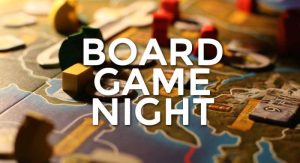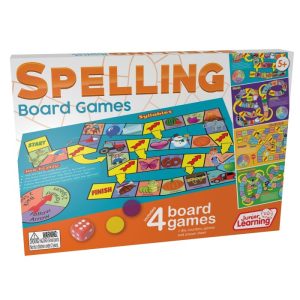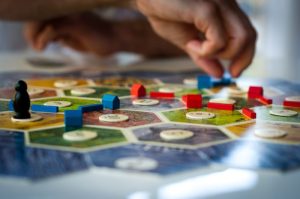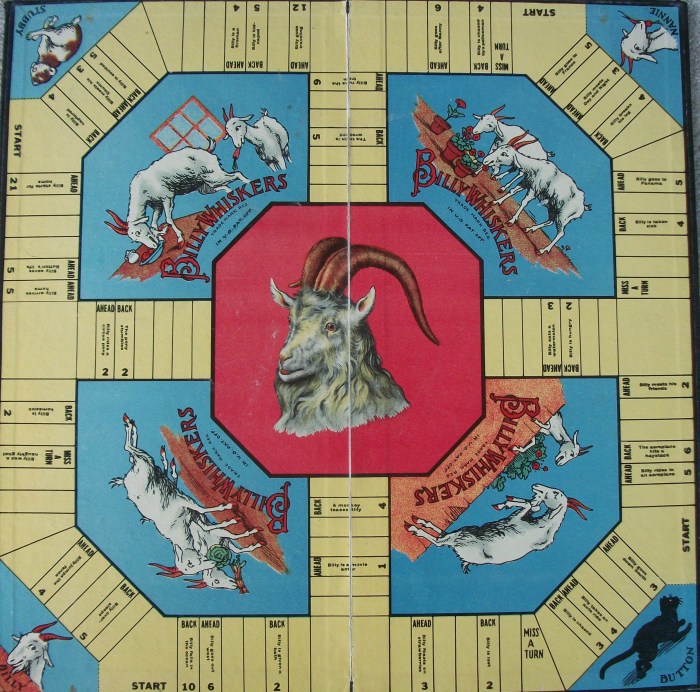
Step into the world of Classic Board Games where nostalgia meets entertainment, and timeless fun awaits at every turn.
Discover the allure of these beloved games that have captivated generations and continue to bring joy to players worldwide.
Classic Board Games
Classic board games have been enjoyed by people of all ages for generations. These games have a timeless appeal that continues to bring families and friends together for hours of fun and friendly competition. Let’s explore the popularity and significance of classic board games.
List of Popular Classic Board Games:
- Monopoly
- Chess
- Scrabble
- Clue
- Risk
Characteristics of Classic Board Games:
- Strategy and skill-based gameplay
- Simple rules that are easy to learn
- Interactive and social experience
- Durable game components that last for years
Why Classic Board Games Stand the Test of Time:
Classic board games have stood the test of time due to their ability to adapt to changing times while still maintaining their core gameplay and charm. The nostalgia factor, the simplicity of the rules, and the timeless appeal of these games contribute to their enduring popularity.
Cultural Significance of Classic Board Games:
Classic board games play a significant role in shaping our cultural experiences and memories. They are often passed down from generation to generation, creating bonds between family members and friends. These games also serve as a form of entertainment and education, teaching valuable skills such as critical thinking, decision-making, and social interaction.
Evolution of Board Games
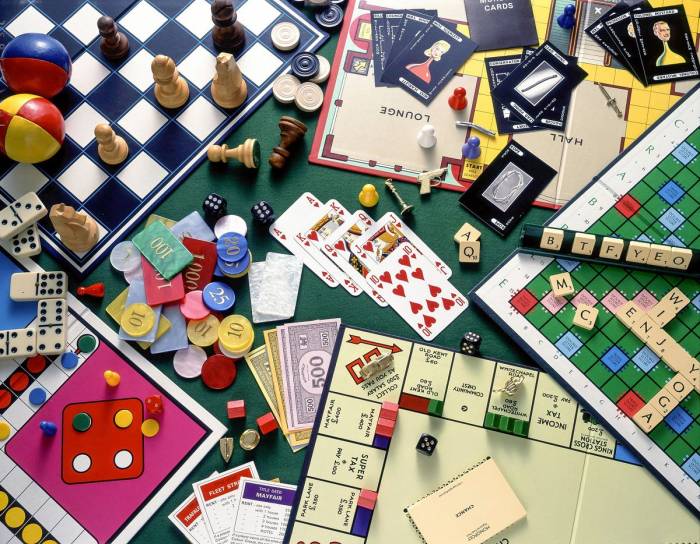
Board games have a rich history that dates back thousands of years, with some of the earliest known games originating in ancient civilizations like Egypt and Mesopotamia. These early games served not only as entertainment but also as a way to teach important skills and strategies.
Classic vs Modern Board Games
Classic board games like Chess, Monopoly, and Scrabble have stood the test of time and remain popular even today. These games often focus on strategy, critical thinking, and social interaction. In contrast, modern board games have introduced innovative mechanics, themes, and components, appealing to a wider audience and incorporating elements of storytelling and cooperative gameplay.
Impact of Technology
-
Online board gaming platforms such as Tabletopia and Board Game Arena have made it possible for players to enjoy their favorite games with friends and strangers from around the world.
-
Mobile apps like Ticket to Ride and Catan Universe have brought popular board games to digital devices, offering convenience and accessibility to a new generation of players.
Technology has revolutionized the board gaming industry, with online platforms and digital apps making it easier for players to connect and enjoy games remotely. Virtual reality and augmented reality have also enhanced the gaming experience, immersing players in interactive and dynamic worlds.
Adaptation to Changing Trends
-
Board game cafes and bars have emerged as social hubs for enthusiasts to gather, play, and discover new games, fostering a sense of community and shared passion for tabletop gaming.
-
Crowdfunding platforms like Kickstarter have allowed independent designers to bring their creative visions to life, bypassing traditional publishing barriers and connecting directly with their audience.
Board game designers continue to innovate and adapt to changing trends in the industry and consumer preferences. Themes range from historical settings to fantasy worlds, catering to diverse interests and demographics. Collaborative and legacy games have gained popularity, emphasizing teamwork and evolving narratives that change with each playthrough.
Types of Classic Board Games
Classic board games can be categorized based on their gameplay, which can include strategy-based, luck-based, and educational games. Each category offers a unique appeal and helps players develop different skills through gameplay.
Strategy-Based Board Games
- Chess: A classic strategy game where players need to plan their moves in advance and outwit their opponent.
- Settlers of Catan: A popular strategy game that involves resource management and strategic placement of settlements.
Strategy-based board games appeal to players who enjoy critical thinking, planning ahead, and outmaneuvering their opponents. These games help develop skills such as strategic thinking, decision-making, and long-term planning.
Luck-Based Board Games
- Monopoly: A classic luck-based game where players rely on dice rolls to move around the board and purchase properties.
- Snakes and Ladders: A simple luck-based game where players move based on the outcome of dice rolls.
Luck-based board games appeal to players who enjoy unpredictability and chance. These games help develop skills such as adaptability, patience, and risk-taking.
Educational Board Games
- Scrabble: An educational game that challenges players to form words using letter tiles and strategic placement on the board.
- Trivia Pursuit: A knowledge-based game where players answer trivia questions to advance on the board.
Educational board games appeal to players who enjoy learning and expanding their knowledge. These games help develop skills such as vocabulary building, critical thinking, and general knowledge.
Design and Mechanics

In classic board games, the design elements and mechanics play a crucial role in shaping the player experience and determining the outcome of the game.
Design Elements of Classic Board Games
- The board layout: Classic board games feature a variety of board layouts, from simple grids to intricate maps, that serve as the playing field for the game.
- Pieces: Whether it’s tokens, pawns, or figurines, the pieces in classic board games are essential for players to interact with the game board and each other.
- Cards: Many classic board games incorporate cards with different functions, such as drawing new resources, affecting gameplay, or providing special abilities.
Mechanics of Classic Board Games
- Dice rolling: A common mechanic in classic board games, dice rolling introduces an element of chance and uncertainty into gameplay, influencing the outcome of player actions.
- Player turns: Turn-based gameplay is a staple of classic board games, allowing each player to take actions in sequence and strategize their moves accordingly.
- Movement rules: Classic board games often have specific rules governing how pieces can move across the board, adding depth and strategy to the gameplay.
Game Design and Player Experience
Classic board games are meticulously designed to create engaging and immersive player experiences. The board layout, pieces, and cards are carefully crafted to enhance strategy, interaction, and enjoyment for players of all ages.
Randomness and Strategy in Mechanics
Classic board games strike a delicate balance between randomness and strategy. While dice rolling introduces an element of luck, players must also employ strategic thinking, planning ahead, and adapting to unpredictable outcomes to achieve victory.
Final Conclusion
As we conclude our journey through the realm of Classic Board Games, let’s remember the enduring charm and universal appeal of these beloved pastimes.
Detailed FAQs
Why do classic board games remain popular today?
Classic board games offer a blend of simplicity, strategy, and social interaction that transcends time, making them a timeless choice for players of all ages.
What are some examples of popular classic board games?
Monopoly, Scrabble, Chess, and Checkers are just a few of the iconic classic board games that have stood the test of time.
How do classic board games help in developing skills?
Classic board games promote critical thinking, decision-making, and problem-solving skills while also fostering social skills like communication and sportsmanship.
